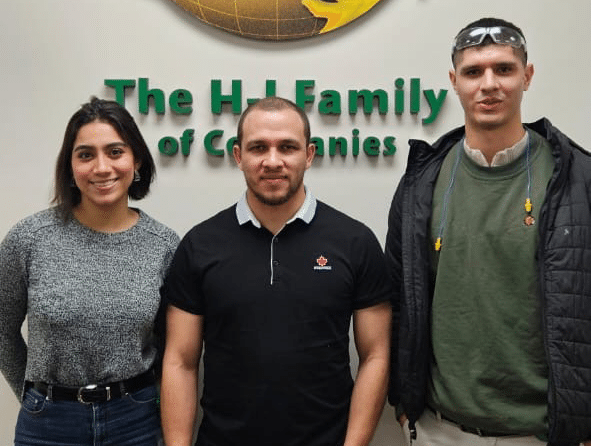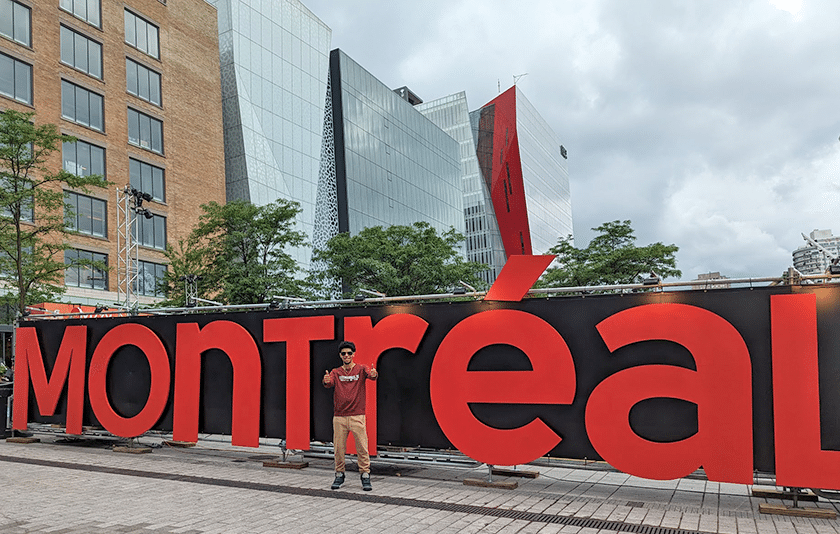As the adhan, the early morning call to prayer, echoes across the bustling city of Dhaka, before the heavy sounds of traffic jams and songs of street vendors crowd the tranquility of the moment, I wake up and gaze outside my window. My window directly faces Korail, one of the largest and oldest slums in the city. Shadowed by high-rise hotels and luxurious apartments on the periphery, including my own, I feel and breathe a constant, overwhelming juxtaposition — a sharp contrast that separates me from how the majority of people live in this city.
Home to a population of almost 80,000 dwellers and covering over 90 acres of land, many of the urban poor living in Korail were formerly farmers from rural areas of the country and migrated to the city in pursuit of economic opportunities, namely to work as rickshaw pullers, garment workers or domestic helpers. The daily anxieties of people living in the narrow and congested alleyways of the Korail slum are dominated by severe sanitation and water issues and a lack of access to government-run health or educational facilities. The threat of forced evictions and fear of homelessness permeate the consciousness of this community. The government views their residence status as illegal and has displaced thousands of people in recent years.
Korail permeates my daily surroundings. I regularly pass by the various angles of the slum as it is situated in the midst of a posh lake area and unconnected by any roads. Slum dwellers travel on boats throughout the often-dirtier and polluted areas of the lake to reach the city center. From my walk to the BRAC office, where I am interning in the Safe Migration Programme thanks to the InterExchange Foundation‘s Christianson Fellowship, to taking a rickshaw across the city to Banani, a commercial area with swanky stores, I watch throngs of people waiting to take their daily route by boat from all directions.
Korail occupies not only my physical space but also my mind. I wonder what life is like on the other side. With the roofs of the homes built from tin and small holes on the walls imitating windows, I think about the difficulties the community faces in times of heavy flooding caused by the monsoons drenching us all this season, especially against the backdrop of impending risks posed by climate change. Outside my window, I often watch masses of people quickly jumping onto boats and paddling against the torrential rain and vibrations of thunder. When they arrive to their homes, how much of it has been flooded? How many hours of strenuous labor without decent pay will it take to restore the damage?
By the same token, I see the resilience exhibited by them in the face of these circumstances, not only from this scene but also in countless other moments glimpsed from my window: a man carrying a string of colorful balloons, friends joyfully breaking their fast at sunset during Ramadan, loud celebrations echoing across the lake during the World Cup, or the most memorable, two brothers floating around on a mattress as if they were steering a boat, the lake their playground.
While it is essential to understand the dire infrastructural and spatial challenges of living in poverty, is also important to highlight that the narratives of suffering shouldn’t define the overall story; the agency and autonomy of people are also key parts of understanding the full script. From the outside, slums are visible markers of extreme poverty, but they are also places where people have built vibrant communities, founded businesses and established informal economies and local systems that operate and work for them when the government has failed to act. Korail reminds me that housing—a basic right and human need—is hardly accessible when coupled with the complexities of rising urbanization and blocked access to education and the labor economy. It is a right we often take for granted.




